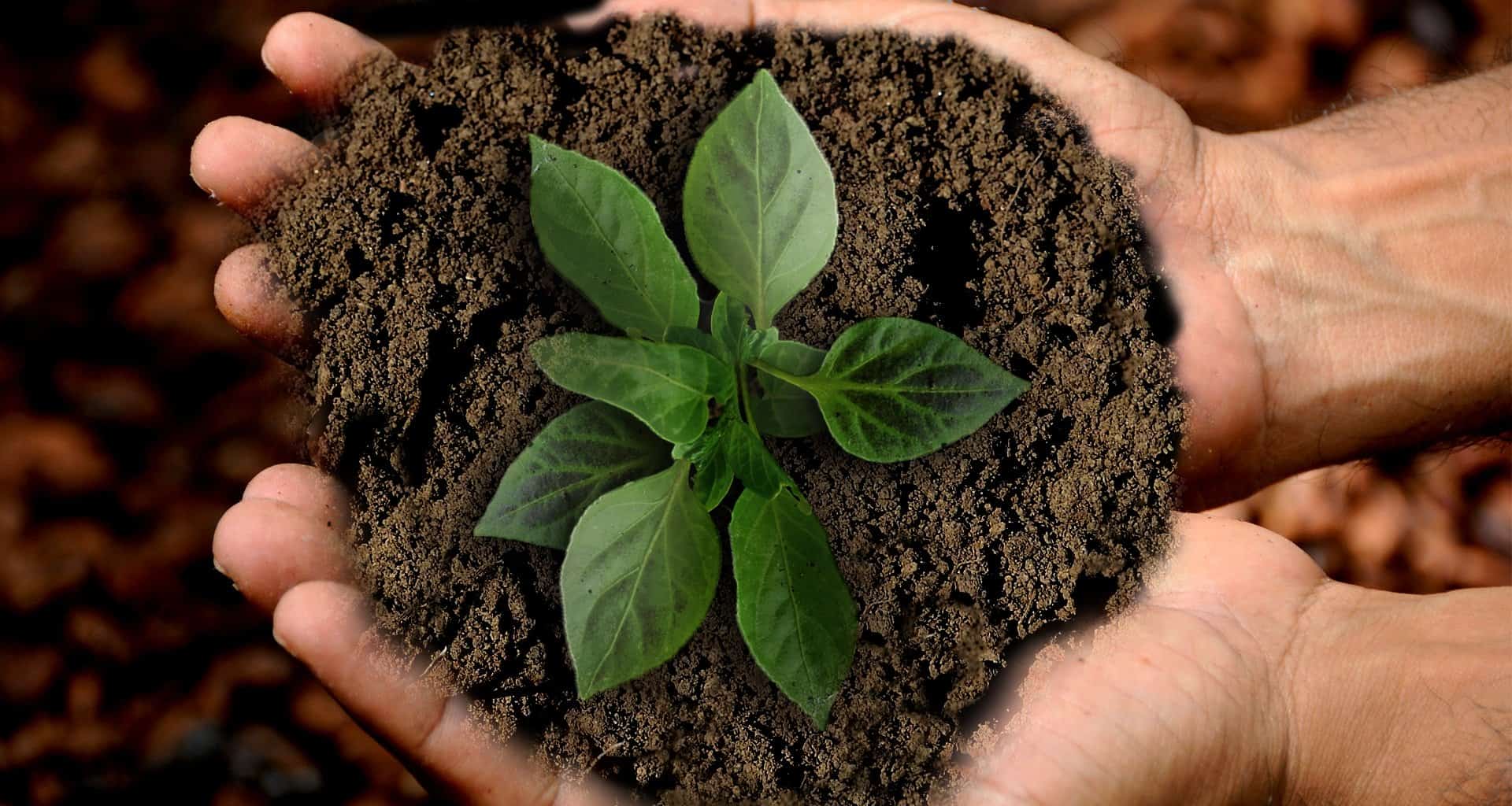Unintended effects of COVID-19
Worldwide response to alleviate the pandemic has numerous effects
Numerous media reports, papers, and studies have been published about COVID-19 and society. Urban Chinese citizens are seeing blue skies and hearing birds for the first time in 40 years. There are pictures of clean Venice canals where fish and other wildlife have returned after decades. Recent studies have measured the substantial decrease in motor vehicle mortalities in the past few months. A striking report in the Boston Globe discussed the lack of school and mall shooting deaths. Our global response to the pandemic has unintentionally produced numerous effects, from local to large scale.
This article looks at what some environmental experts are observing and learning from the pandemic. My RCP articles are about the environment, society, and sustainability; therefore, it is important to be clear that we should be looking at observable, measurable evidence and emerging lessons about the environment. Any commentary that uses language about the “benefits of COVID-19” for the environment are not helpful. Regardless of the intent, they can be viewed as insensitive, opportunistic, and out-of-touch, and I agree.

Satellites measure reductions in air pollution
High above Earth, satellites are detecting a significant decrease in the concentration of common air pollutants. Decreased emission results in China and the European Union have tracked strongly with stringent social-distancing practices. One result is that the closing of the hole in the ozone layer has accelerated because of the break in air pollution.
As we know, air pollution can seriously damage the ozone layer and our health. “The World Health Organization states that conditions stemming from exposure to ambient pollution—including stroke, heart disease, and respiratory illnesses—kill about 4.2 million people a year,” reported Marina Koren in The Atlantic. Decreased air pollution leads to decreased disease. Therefore, we can expect to see a decrease in short-term health issues caused by air pollution as long as we are operating in this pandemic.
Climate change emission is lower with broad social distancing practices
We have heard that greenhouse gas (GHG) emissions have dropped, which is expected. We are driving less, and most factories and industries are shut or operating at lower output. In fact, the rapid halt of flights around the world could reduce GHGs more than the Paris Climate Agreement. So then, isn’t the pandemic beneficial for reducing climate change? Greenpeace Canada researcher Loujain Kurdi says, “No, not at all. Firstly, this one-time drop in air pollution and emissions comes after a long period of sustained increase.” And we will likely return to the same trajectory if our global society returns to “business-as-usual.”
Soundscapes are changing
In her April article in The Atlantic, Marina Koren reported on the changing sounds around us. What do you hear in your neighbourhood these days? With so many people staying home—and public transit cutting service as a result—there’s less noise from cars, buses, trains, and other transportation. Koren interviewed a public health researcher at Boston University who was recording measurements on her decibel meter when out on walks. She was stunned by the results—yes, it was a lot quieter!
Koren also interviewed a marine ecologist at Cornell who studies aquatic acoustic environments. She noted that sea creatures would benefit from decreased human-produced noise. The ecologist is hoping to study the new quiet in the oceans from, for example, the cessation of cruises which reduced the amount of global ocean noise almost instantaneously.
Next steps
Our collective response to COVID-19 illustrates the remarkable capacity of society to stop “business-as-usual.” What emerges in our post-pandemic world remains to be seen, but could our strategies to suppress COVID-19 be a lesson on how we respond to climate change, biodiversity loss, and our relationship with the environment?
To quote Vijay Kolinjivadi, of Uneven Earth, “COVID-19 can serve as a lesson showing the interconnectedness of society’s impacts and actions on the planet and the immediacy of response required to shift our relationships to the world. The lag time between when social distancing measures are put in place and impacts on the reduction of COVID-19 cases once again shows us that biological systems do not obey human-imposed rules.” This article was informed by reports released from The Atlantic, Greenpeace Canada, The Guardian, the Climate Action Network Canada, The Boston Globe, and Uneven Earth. Email me for links to any of these articles.
Featured Image: The pandemic has had unexpected effects. | Pixabay







